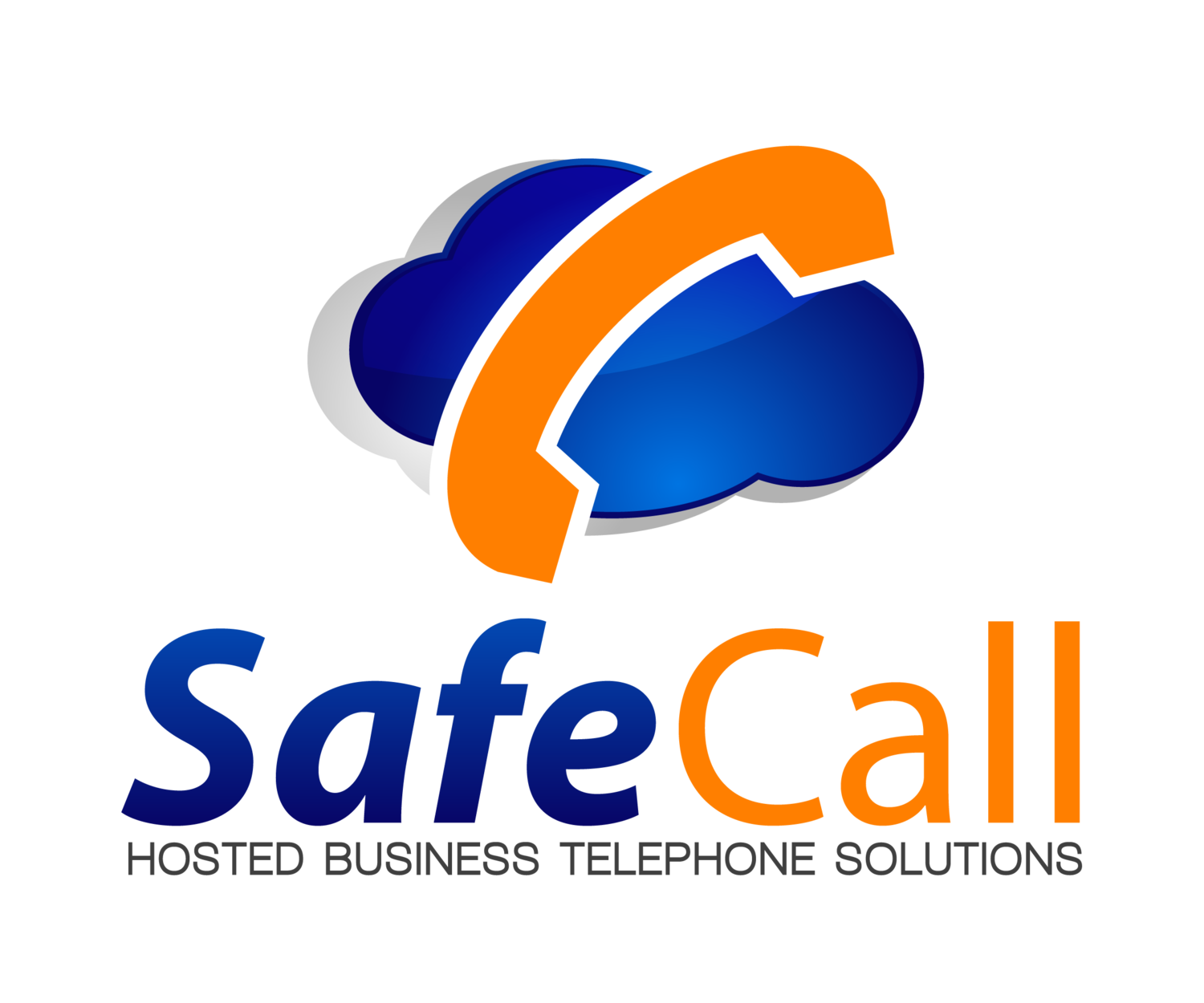Voice mail systems and services
Most companies use voice mail in some way. When considering voice mail for your business you should first consider your goals and needs. Common scenarios and features:
A single general voice mail box to answer calls after hours or when no one can answer calls to a main number
An automated attendant to answer calls and distribute calls by digit or extension dialed
Ability to have individual voice mail boxes
Ability to ring an extension and have a call go to voice mail if not [charlotte voice mail] answered.
Telephone message waiting lights
Ability to schedule automated attendant answering by one or two time frames such as day/night.
Abilty to create multiple automated attendents, more complex answering time frames, and call routing.
Voice mail to e-mail (receiving voice mail in your e-mail inbox as wav. files or text).
Office telephone system/cell phone integration with shared voice mail.
Ability to use an automated attendant to transfer calls to remote sites and other office locations.
If you are only looking for scenario 1, a simple low cost voice mail service from your telephone company may be the answer. If you are looking at 2 thru 6 a voice mail system add on to small business premise based or hosted IP telephone system may be the answer. If you are interested in 7 thru 10. I would take a really hard look at hosted IP telephone systems which typically include advanced voice mail/automated attendant and voice mail options at no extra charge. For some larger companies an IP PBX telephone system may also be a good solution to achieve some of the more advanced scenarios and features.
Richard Hill has worked in the telecommunications field for over 20 years, 15 of those as the President and owner of SafeCall, a Charlotte, NC based company offering business telephone systems, VoIP telephone service, carrier consulting, and voice/data cabling
